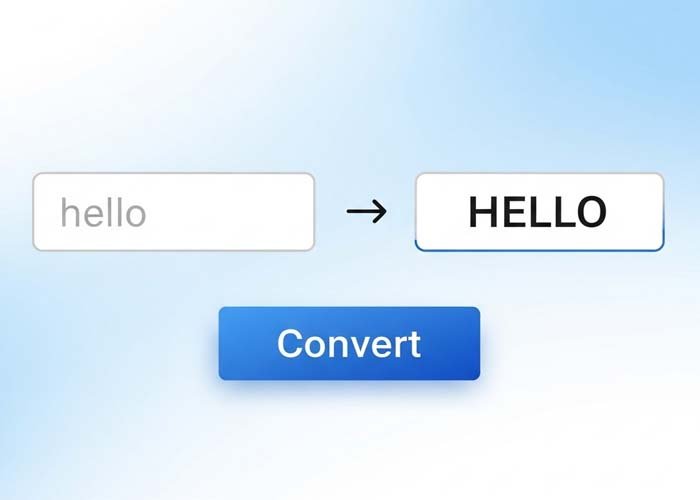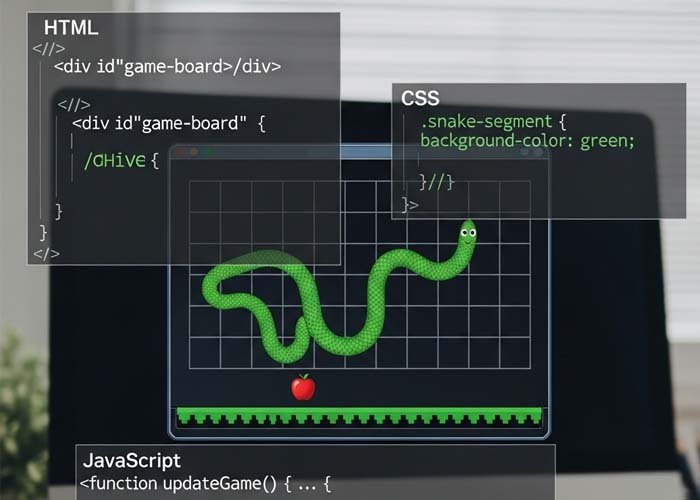Hover Tooltip Animation Using HTML & CSS Only
Tooltips are a small but essential part of modern UI design. They provide helpful hints or extra information when a user hovers over a particular element. In this blog post, we’ll explore how to create a hover-based animated tooltip using just HTML and CSS — no JavaScript required.
This simple and clean tooltip interaction is perfect for websites aiming for a smooth and elegant user experience.
How This Tooltip Effect Works
The layout is built with a wrapper element that contains both:
The main label (
Tooltip)A hidden tooltip text (
uiverse.io) that appears on hover
When a user hovers over the element, the tooltip gracefully fades in and slides upward, displaying the extra info with a gradient background and subtle shadow.
Key Features of This Tooltip
1. Pure HTML and CSS
There’s no need for JavaScript. The interaction is handled entirely through CSS selectors and transitions.
2. Smooth Animation
The tooltip appears with a slide-up effect using top, opacity, and a cubic-bezier transition for a natural, fluid movement.
3. Custom Arrow
The tooltip includes a small arrow using a rotated square (::before pseudo-element), giving it a polished look.
4. Gradient Hover Styling
When hovered, both the button and the tooltip transform with a linear-gradient background, ensuring visual consistency and highlighting interactivity.
How It Works – Simplified
.uiverse: This is the button-like wrapper element that responds to hover..tooltip: This element is hidden by default usingopacity: 0andpointer-events: none.On hover, the tooltip’s styles are updated:
opacitybecomes1topshifts upward for the slide effectA background gradient and text color transition are applied
Where to Use This Tooltip Design
This tooltip effect is ideal for:
Navigation menus
Interactive product features
Call-to-action buttons
Portfolio or link previews
Simple hover info cards
Learn by Doing — Practice Live
If you’re learning to code and want to see this effect in action:
Try it in an online editor
Modify the tooltip text or colors
Practice using transitions and gradients for better design understanding
Platforms like Learn Code Online Free Of Cost let you interact with such snippets and build your CSS skills by doing, not just watching.
Final Thoughts
This hover tooltip effect is a perfect balance between simplicity and functionality. It’s responsive, lightweight, and adds clarity to user interfaces without cluttering the design.
If you’re building a site where details matter, this tooltip interaction can enhance usability and engagement with very little code.
This code uses HTML and CSS only — no JavaScript included.
Copyright – 2025 mrhyddenn
Permission is freely granted to anyone who obtains a copy of this software and its accompanying documentation files (referred to as “the Software”), allowing them to use, copy, modify, merge, publish, distribute, sublicense, and even sell copies of the Software. Additionally, users are allowed to permit others to use the Software under these same terms.
It is required that the above copyright notices and this permission notice be included in all versions or significant portions of the Software.
Please note, the Software is provided “as is”, without any form of warranty—express or implied. This includes, but is not limited to, warranties of merchantability, fitness for a specific purpose, or non-infringement. Under no circumstances shall the original authors or rights holders be held responsible for any claims, damages, or other liabilities that may arise from the use of the Software, whether through legal action, negligence, or otherwise.
All code on Freeofcosts.com is reviewed before publishing. Each post includes a live code editor with real-time preview, so you can experiment and learn by doing. Most code is open-source and free to use or modify under respective licenses.



